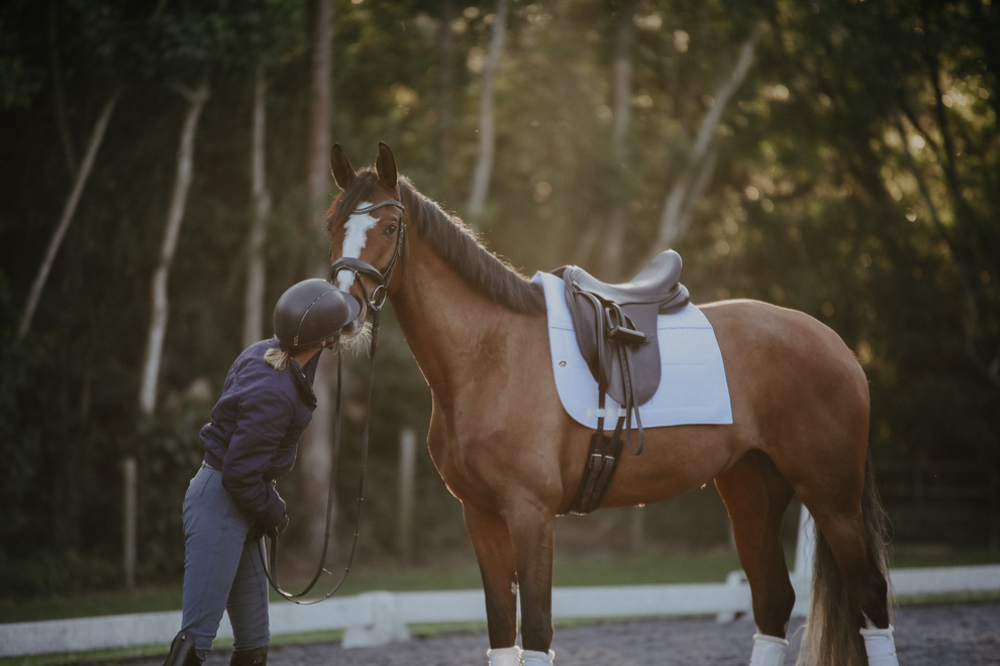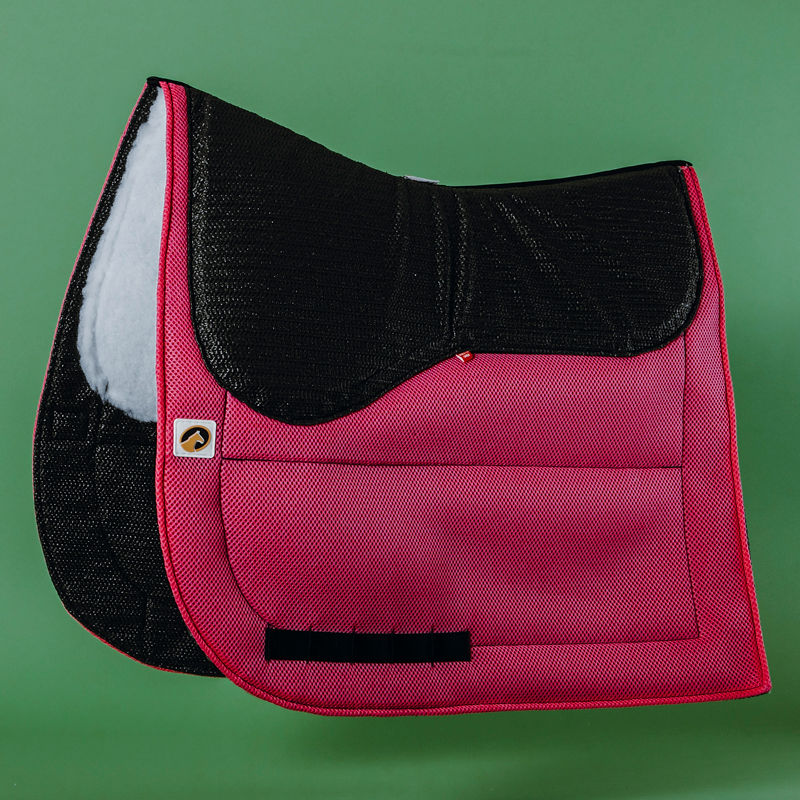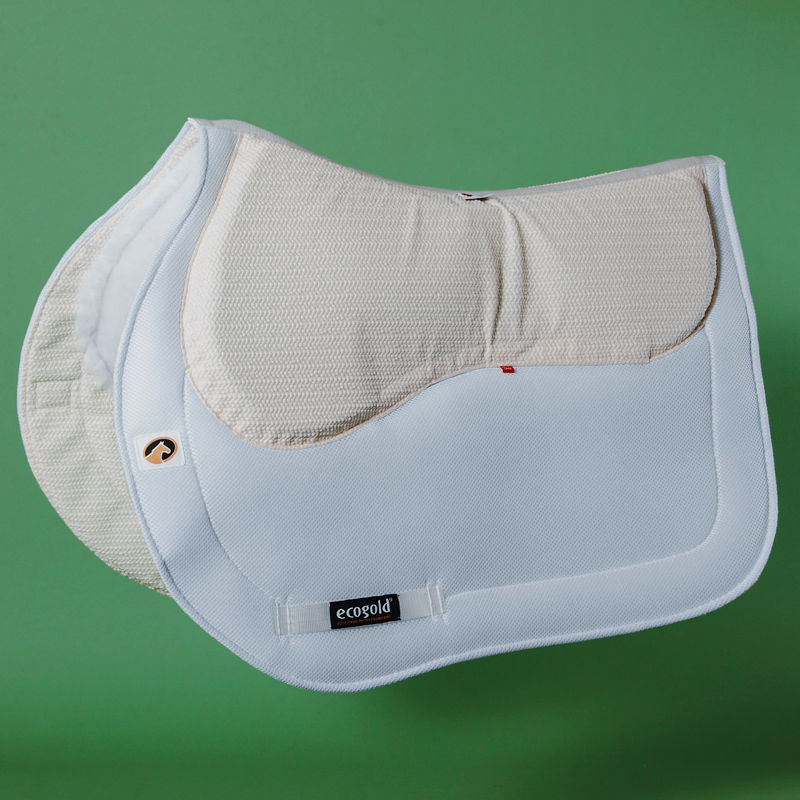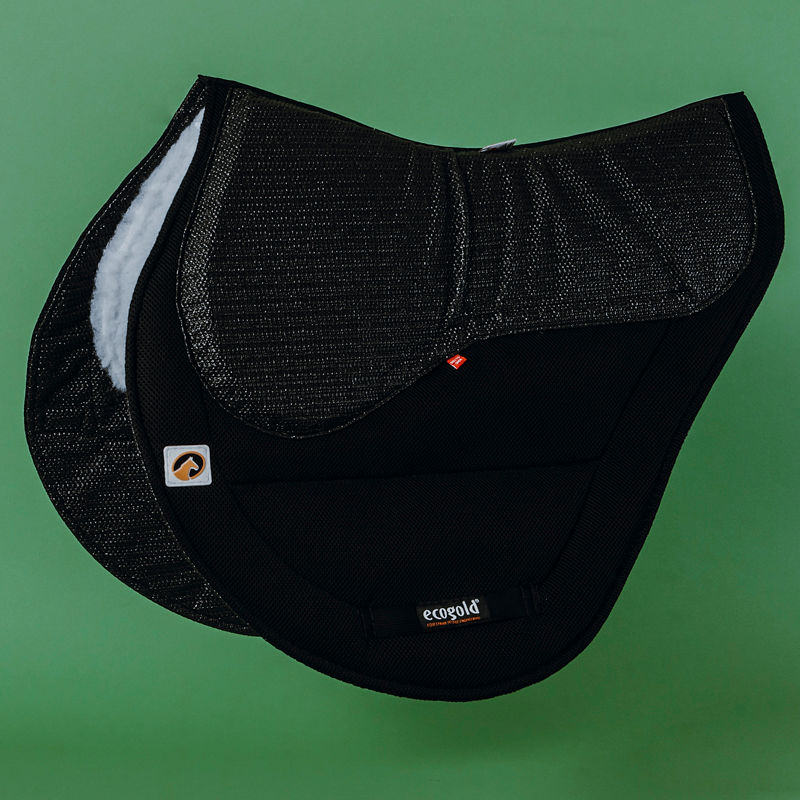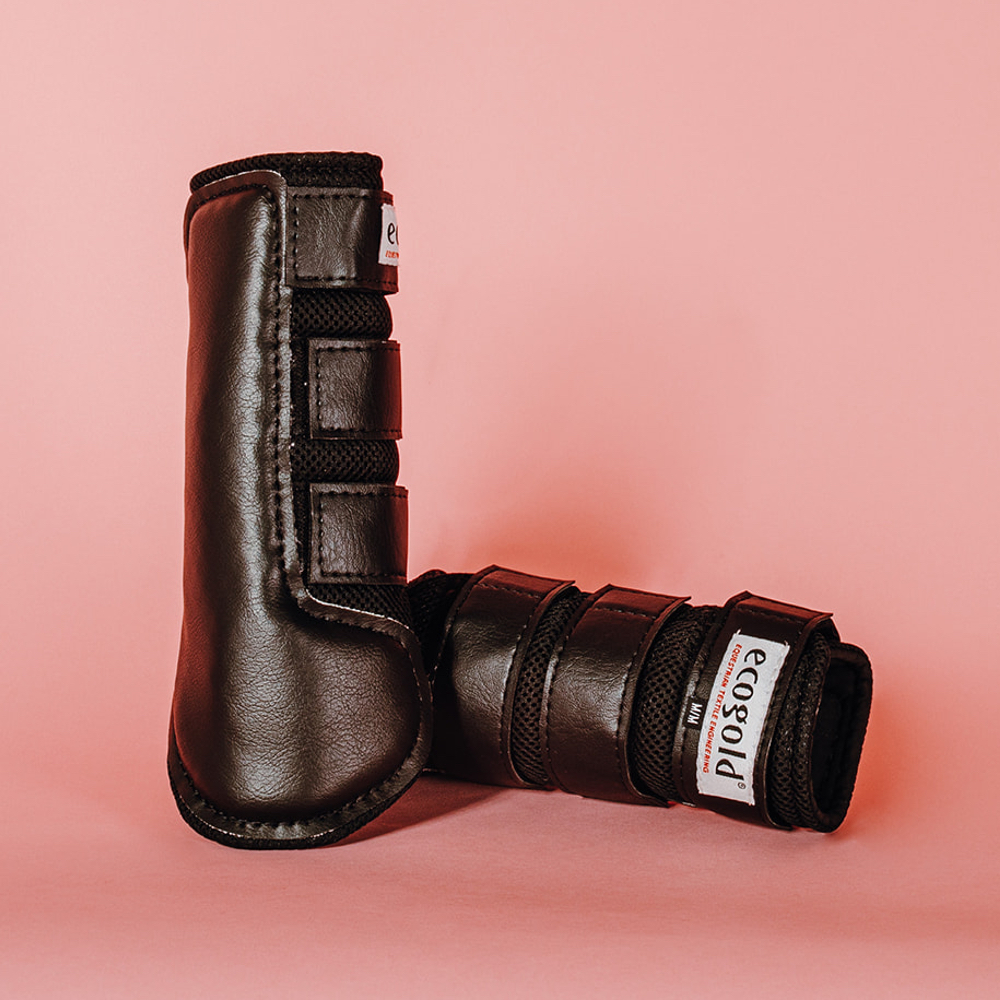Every horse owner wants a happy, thriving equine partner. A horse’s well-being depends on proper care, routine, nutrition, and social interaction. Whether you have a competitive athlete or a beloved companion, here are ten essential ways to ensure your horse stays happy and healthy.
1. Establish a Consistent Routine
Horses are herd animals and don’t like being isolated. While not all horses can share turnout with a buddy, they should at least be able to see and interact with other horses over a fence or in the barn aisle. A stall with a window or view of the riding ring can also help prevent boredom and frustration.
2. Provide Social Interaction and Visual Stimulation
No one likes to be alone all the time, whether it’s a friend on the other side of the fence or across the barn aisle. It’s nice for your horse to have company, in any shape or size. Turnout buddies are always nice but not always ideal or safe depending on the horse. Maybe there’s a window looking out at the riding ring in their stable or other horses to make grumpy faces at. Horses benefit by being visually stimulated in some way.
3. Keep Your Horse Active with Regular Exercise
Movement is essential for a horse’s physical and mental well-being. Exercise improves circulation, digestion, and muscle tone. Beyond physical fitness, having a job—whether it’s trail riding, groundwork, or competitive training—gives your horse a sense of purpose.
If your horse competes, Ecogold’s saddle pads can provide additional support and comfort during intense exercise.
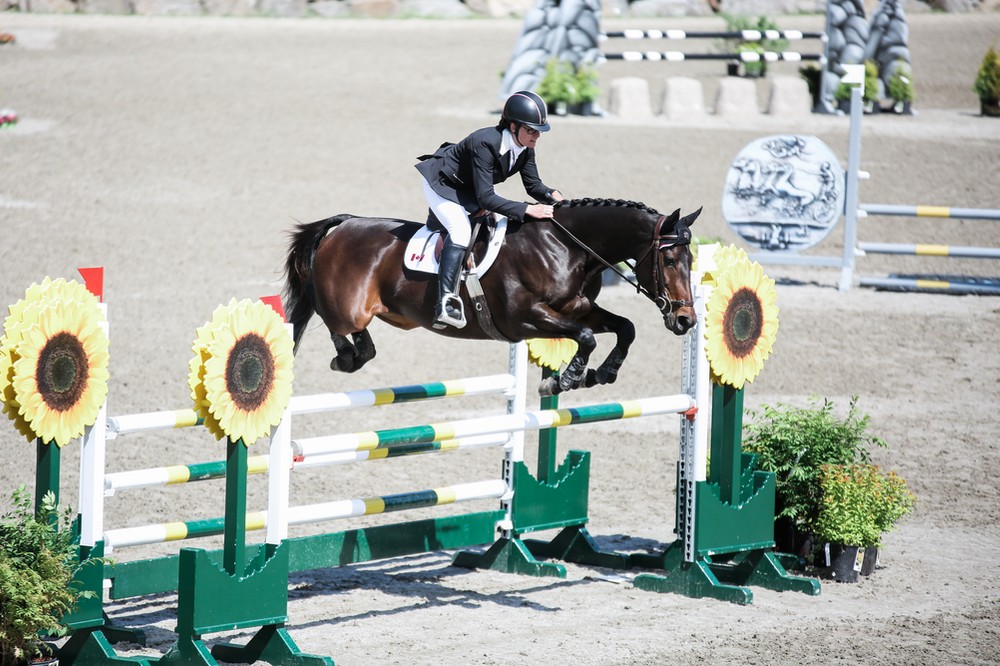
4. Add Variety to Your Riding Routine
Repetitive work can lead to boredom and resistance. Change things up by taking your horse out of the arena for a hack, introducing new exercises, or trying different disciplines. Mental stimulation keeps your horse engaged and excited to work.
5. Allow for Adequate Downtime
Just like athletes, horses need recovery time. After a busy show season or intense training, a break allows muscles and joints to rest. Even in daily routines, make sure your horse gets quiet time to relax without constant activity or handling.
6. Prioritize Turnout Time
Horses are not meant to live in stalls 24/7. Adequate turnout prevents stiffness, respiratory issues, and behavioral problems like cribbing, weaving, or stall walking. Fresh air, movement, and the ability to graze naturally contribute to a happier and healthier horse.
7. Feed a Balanced Diet
Nutrition plays a key role in equine happiness. Quality forage, clean water, and a diet tailored to their needs ensure your horse feels good from the inside out. Supplements or grain may be necessary depending on workload and condition—consult your vet for the best plan.
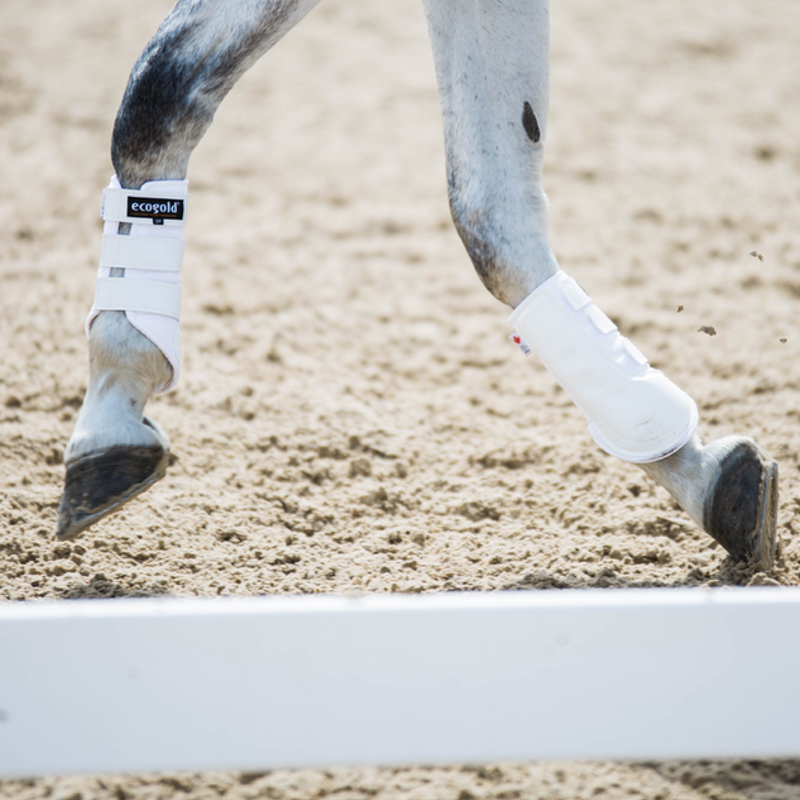
8. Stay on Top of Hoof and Veterinary Care
A horse with sore feet or undiagnosed health issues won’t be happy. Regular farrier visits keep hooves in top shape, while routine vet exams catch potential problems early. Dental care, vaccinations, and deworming all contribute to long-term wellness.
9. Bond Through Grooming
Daily grooming isn’t just about keeping your horse clean—it’s a great opportunity to build your bond and monitor their health. Checking legs, hooves, and coat condition helps you spot minor issues before they become serious problems. Plus, most horses enjoy a good scratch in their favorite spots!
10. Offer Treats in Moderation
Who doesn’t love a treat? While horses appreciate the occasional snack, be mindful of sugar content and portion sizes. Carrots, apples, or low-sugar horse treats make great rewards without overloading their diet.
Ensuring Long-Term Happiness for Your Horse
A happy horse is a healthy horse. By maintaining a consistent routine, providing social interaction, exercise, proper nutrition, and regular care, you can ensure your equine partner thrives. Every horse is unique—observe what makes yours happiest and adjust accordingly.

